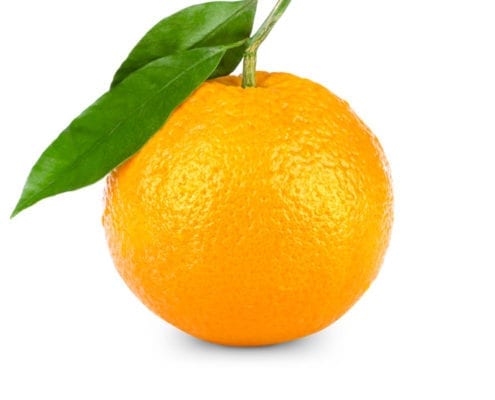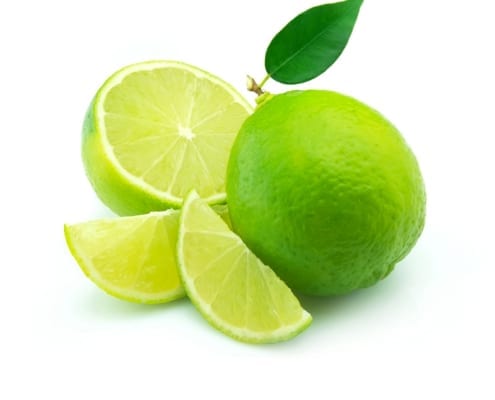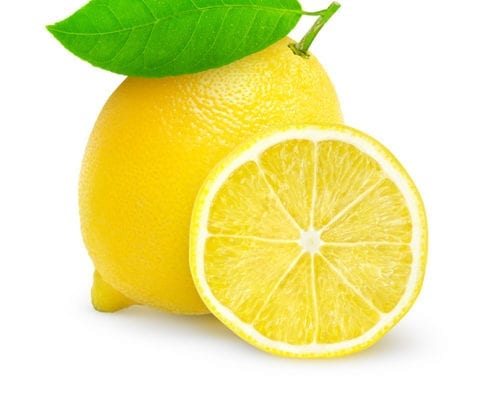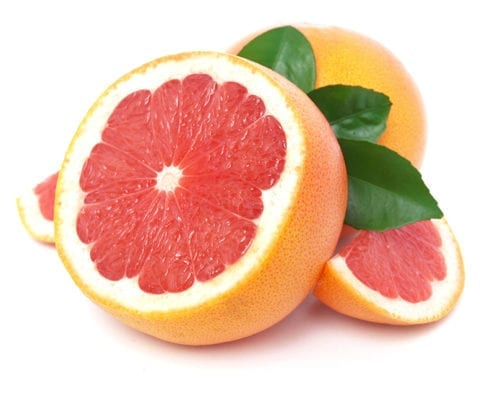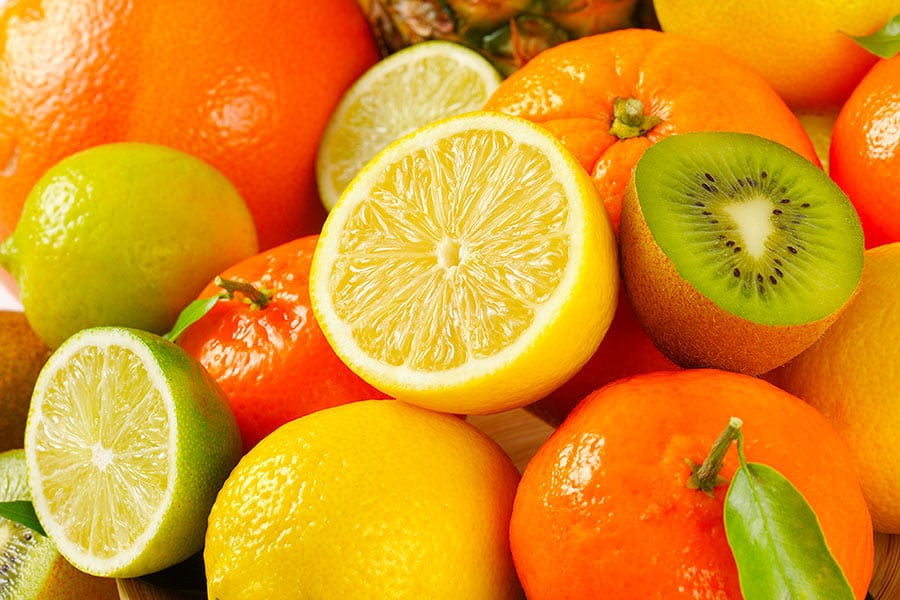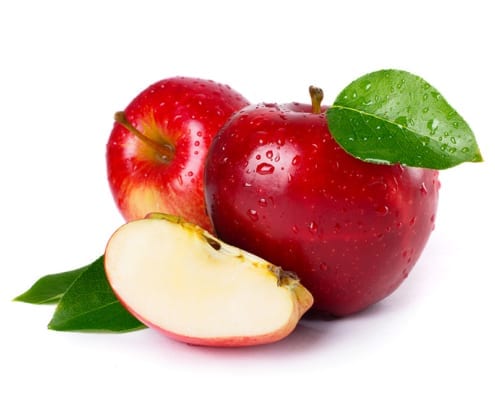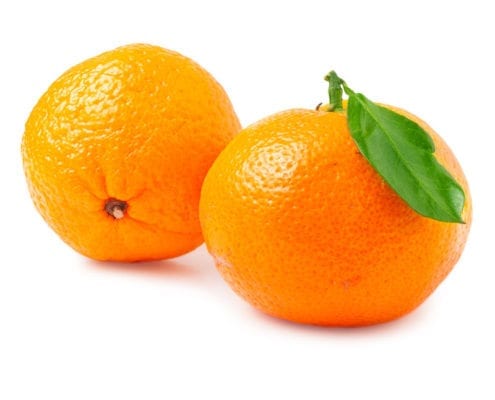Benefits of consuming fruit in the colder months
We all know the importance of keeping our immune systems strong in the winter months, when the climate is more hostile and colds or flu are more common. We are well aware of the role played by the vitamins contained in fruit and vegetables in this process. The arrival of the colder months will therefore correspond to a greater consumption of fruit and vegetables, elements rich in vitamins that keep us healthy right? The statistics show an opposite trend.


